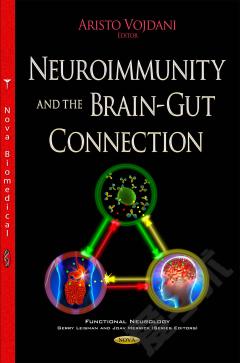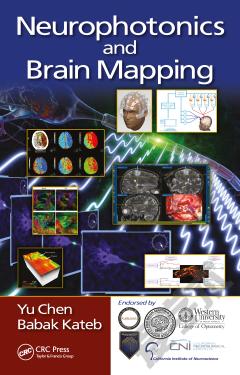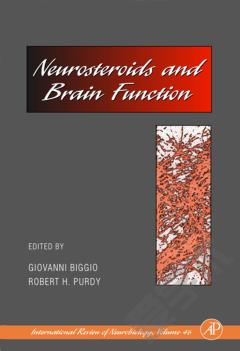Neuroimmunity and the Brain-Gut Connection
Bi-directional communication between the central nervous system (CNS) and the enteric nervous system (ENS) occurs both in health and disease. Various CNS- and gut-directed stressors stimulate the brain-gut axis. Processes modulating responsiveness to stressors along the brain-gut axis involve neural pathways, the immunological, and endocrinological mechanisms. Disturbances at every level of neural control of the gastrointestinal tract can affect modulation of gastrointestinal motility, secretion, and immune functions as well as perception and emotional response to visceral events. ENS function, central processing, and autonomic regulation play an important role in the brain-gut dialogue. Stress and emotions may trigger neuroimmune and neuroendocrine reactions via the brain-gut axis. Nutritional strategies may impact on the integrity and the expression of neurophysiological systems, and neuroimmunolgical interventions through diet and toxin reduction may provide potential support to address the growing concerns of environmentally induced brain disease and neurological autoimmune disorders. In this book, you will find an in-depth review of the brain-gut connection.
{{comment.content}}








 京公网安备 11010802027623号
京公网安备 11010802027623号